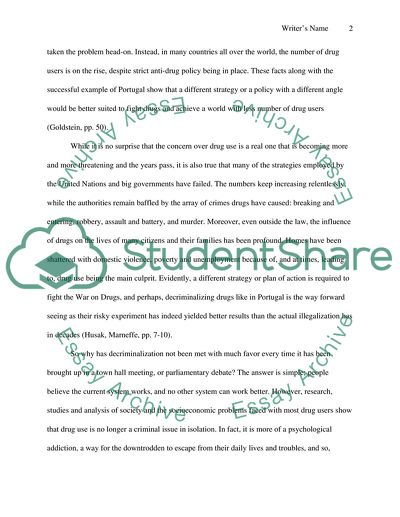Cite this document
(The Legalization Of All Drugs In America Research Paper, n.d.)
The Legalization Of All Drugs In America Research Paper. Retrieved from https://studentshare.org/social-science/1822968-the-legalization-of-all-drugs-in-america
The Legalization Of All Drugs In America Research Paper. Retrieved from https://studentshare.org/social-science/1822968-the-legalization-of-all-drugs-in-america
(The Legalization Of All Drugs In America Research Paper)
The Legalization Of All Drugs In America Research Paper. https://studentshare.org/social-science/1822968-the-legalization-of-all-drugs-in-america.
The Legalization Of All Drugs In America Research Paper. https://studentshare.org/social-science/1822968-the-legalization-of-all-drugs-in-america.
“The Legalization Of All Drugs In America Research Paper”, n.d. https://studentshare.org/social-science/1822968-the-legalization-of-all-drugs-in-america.


